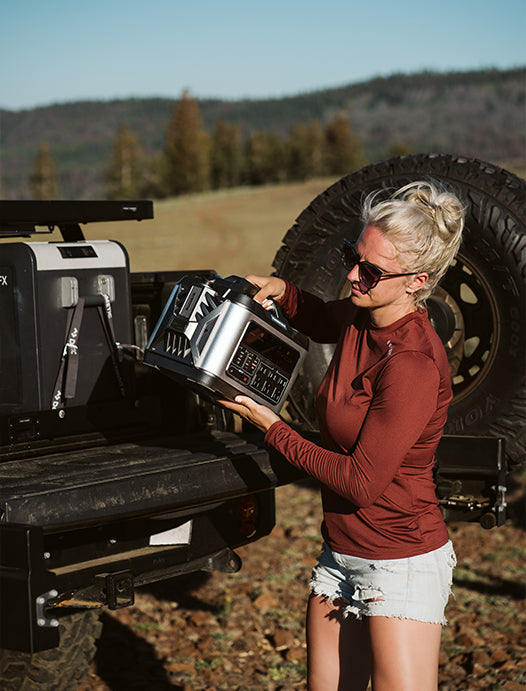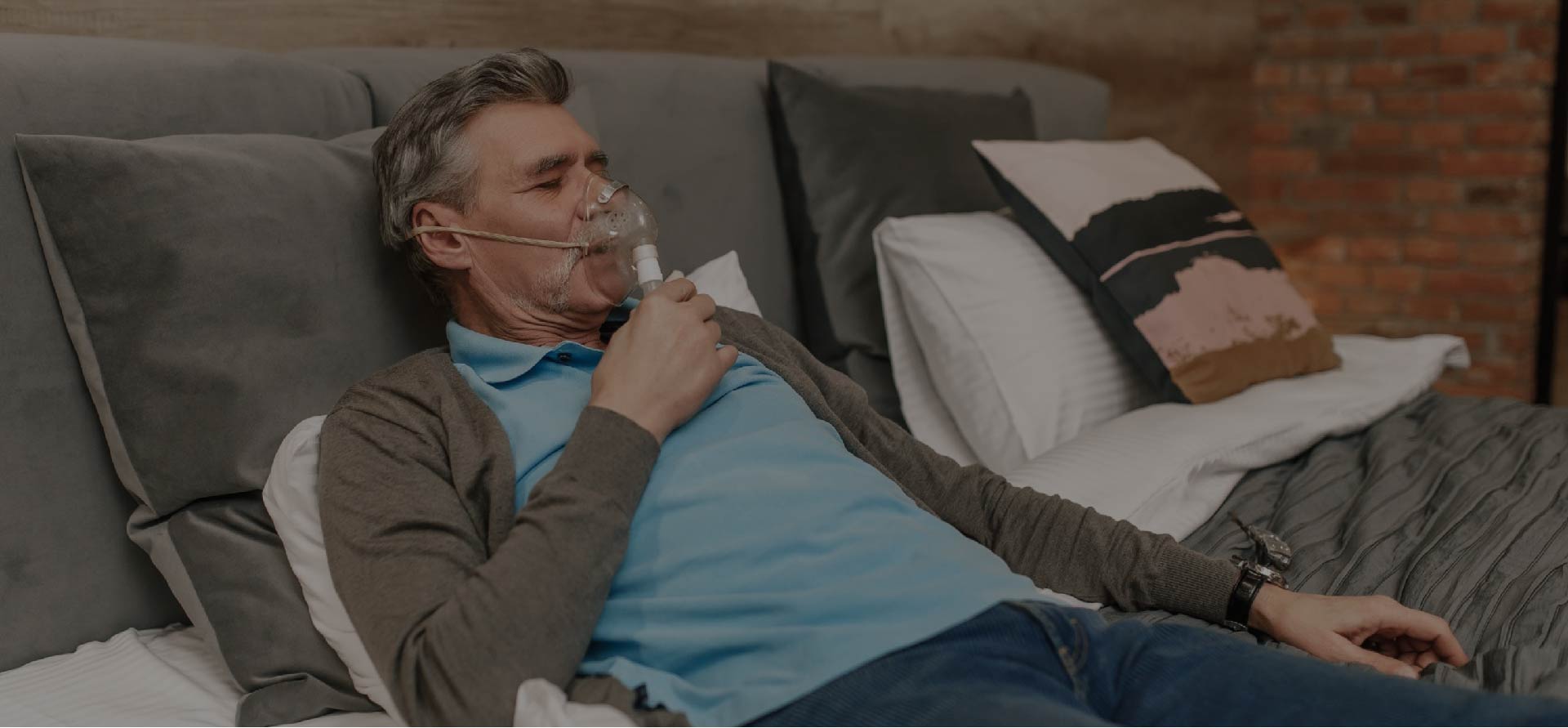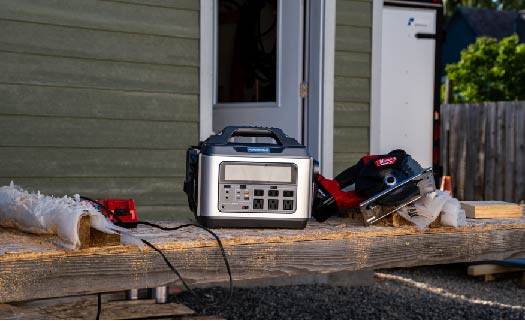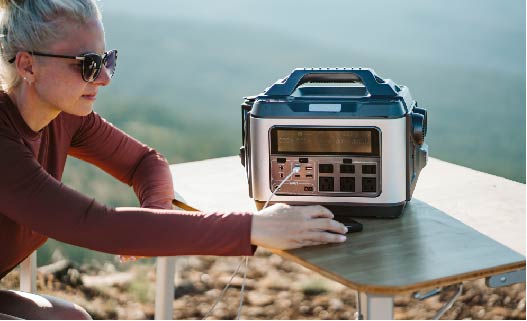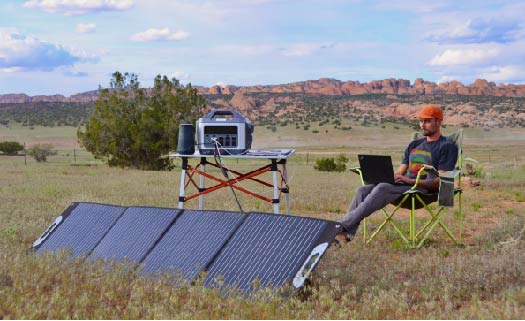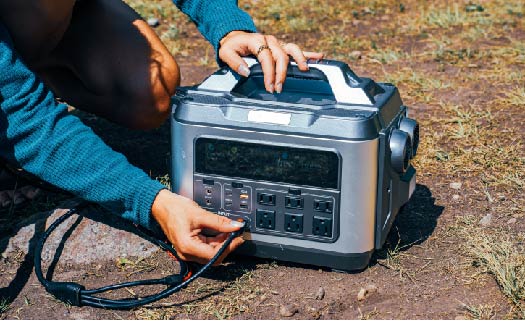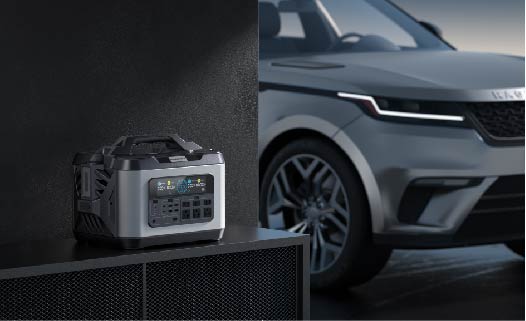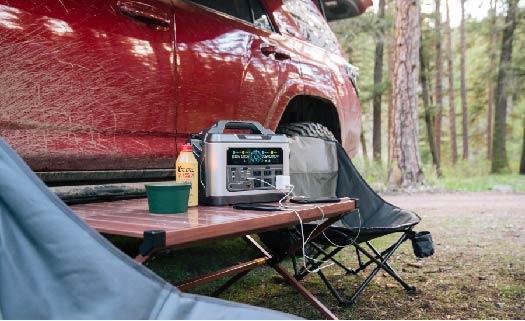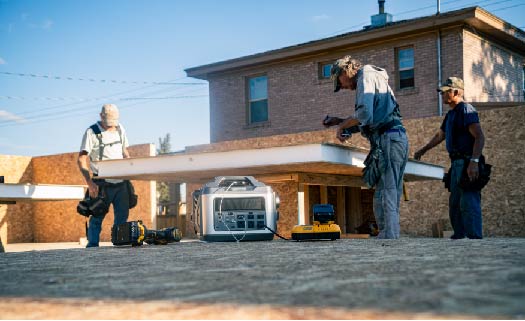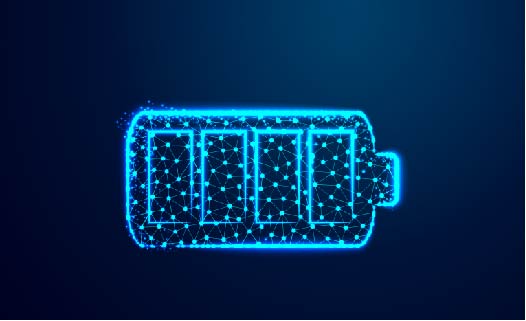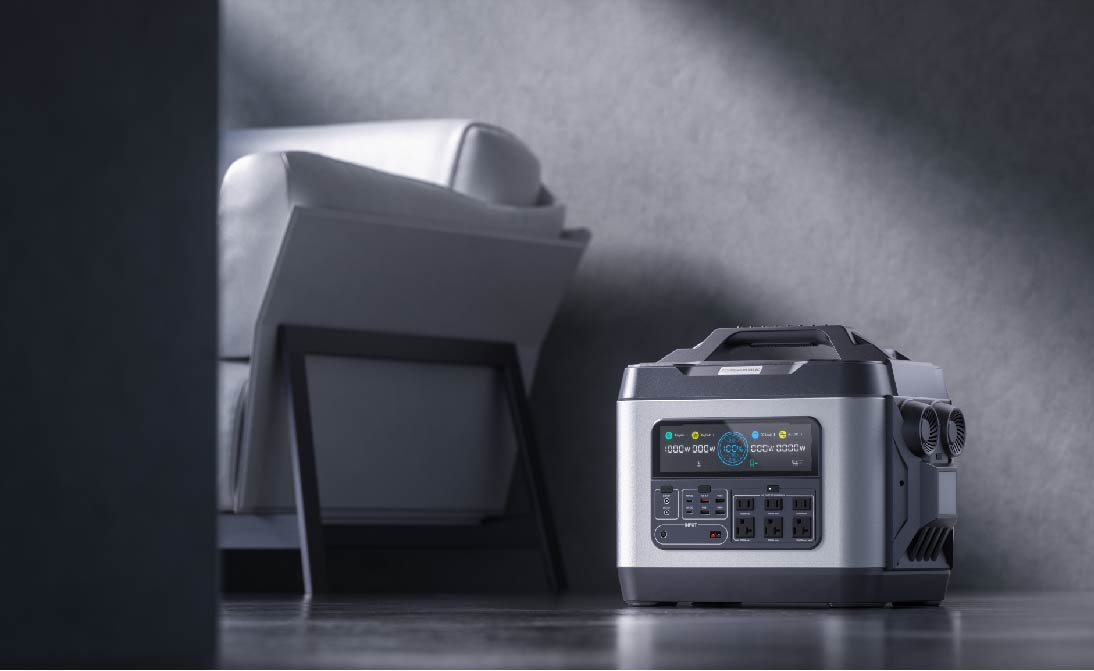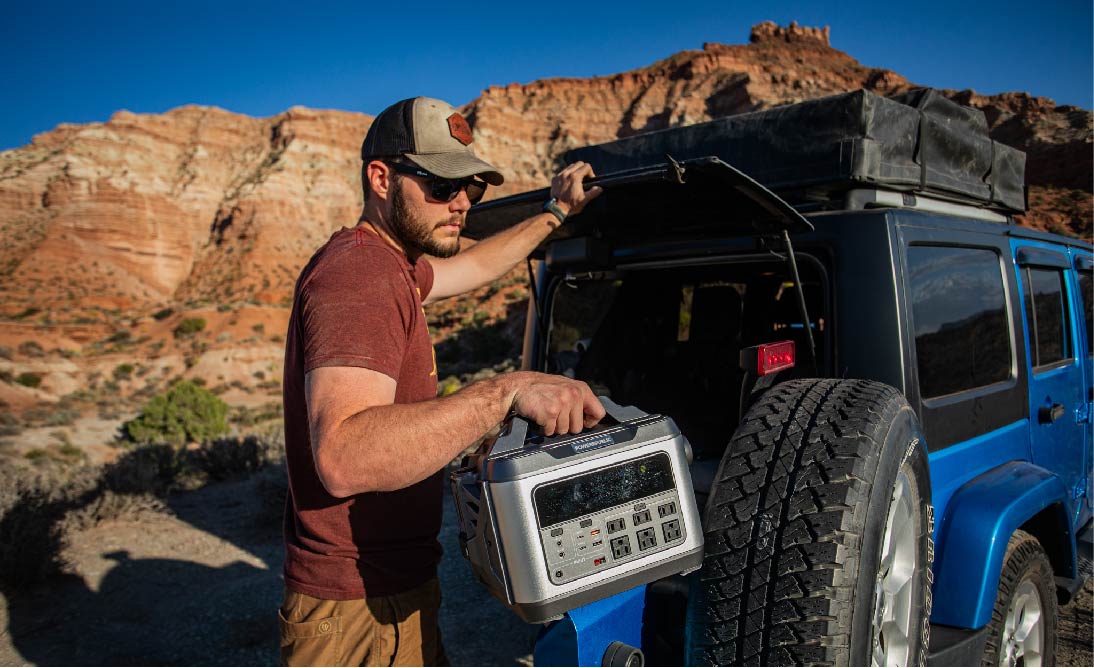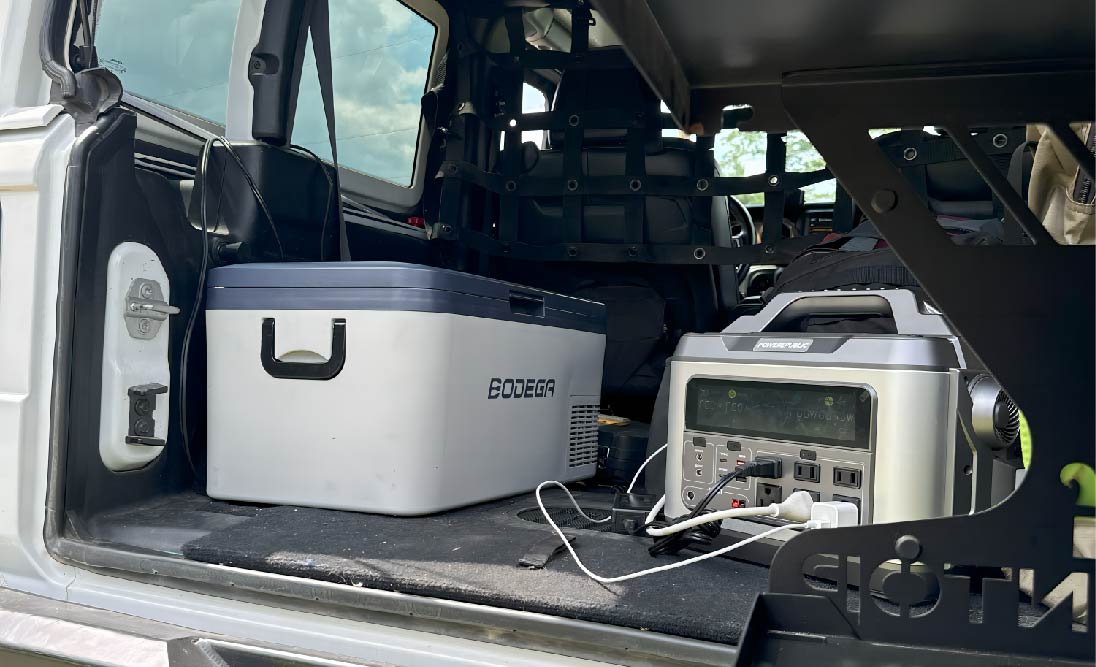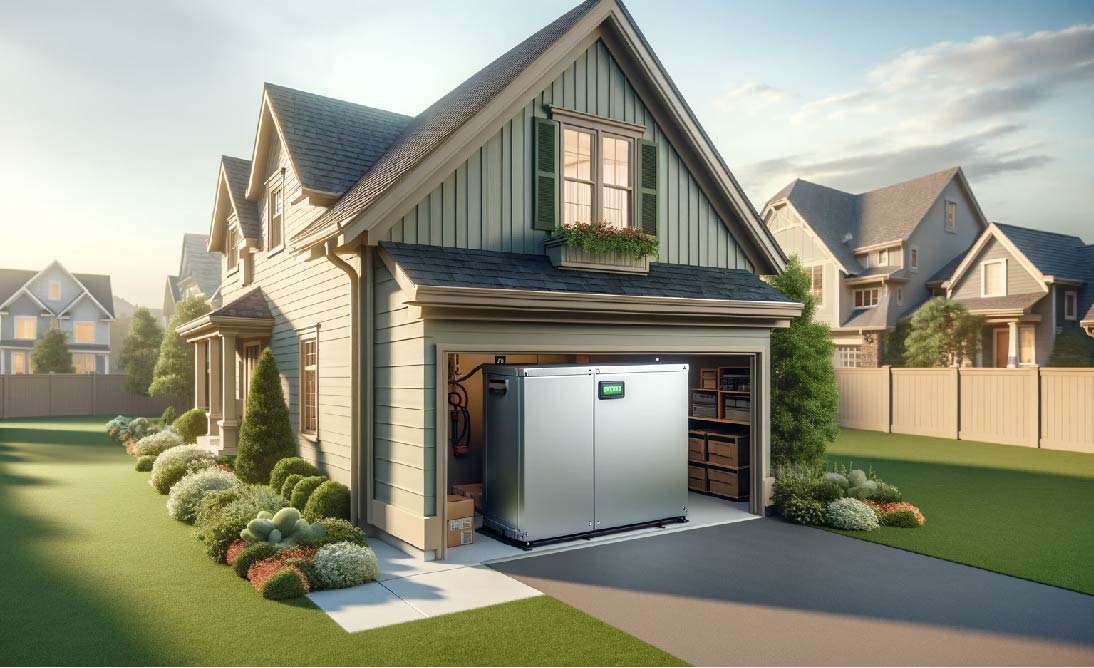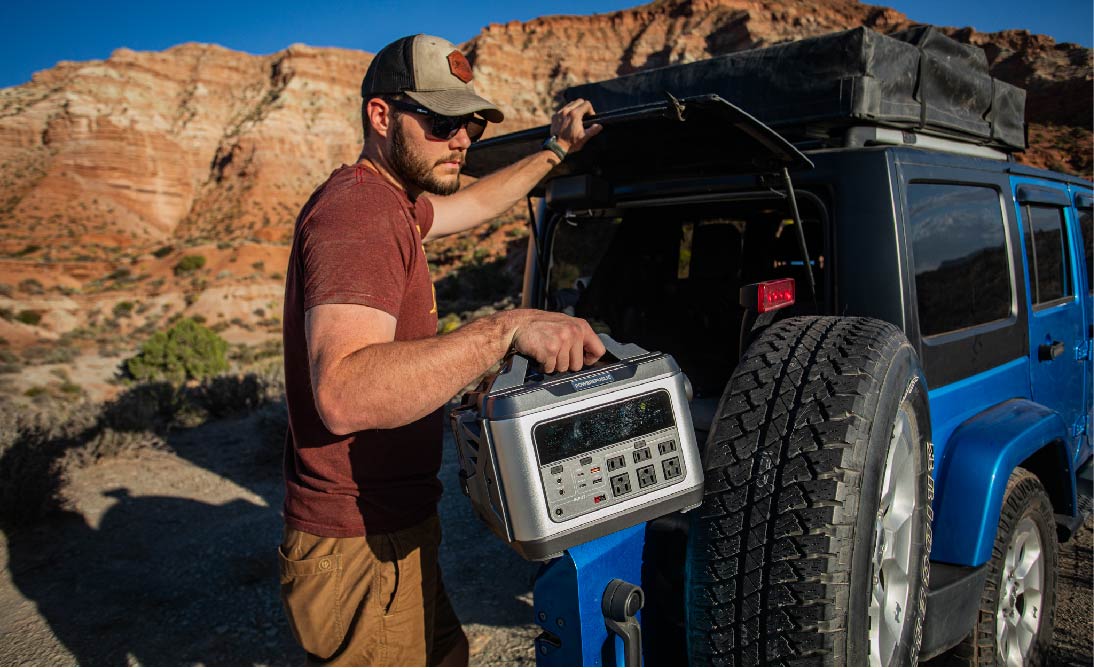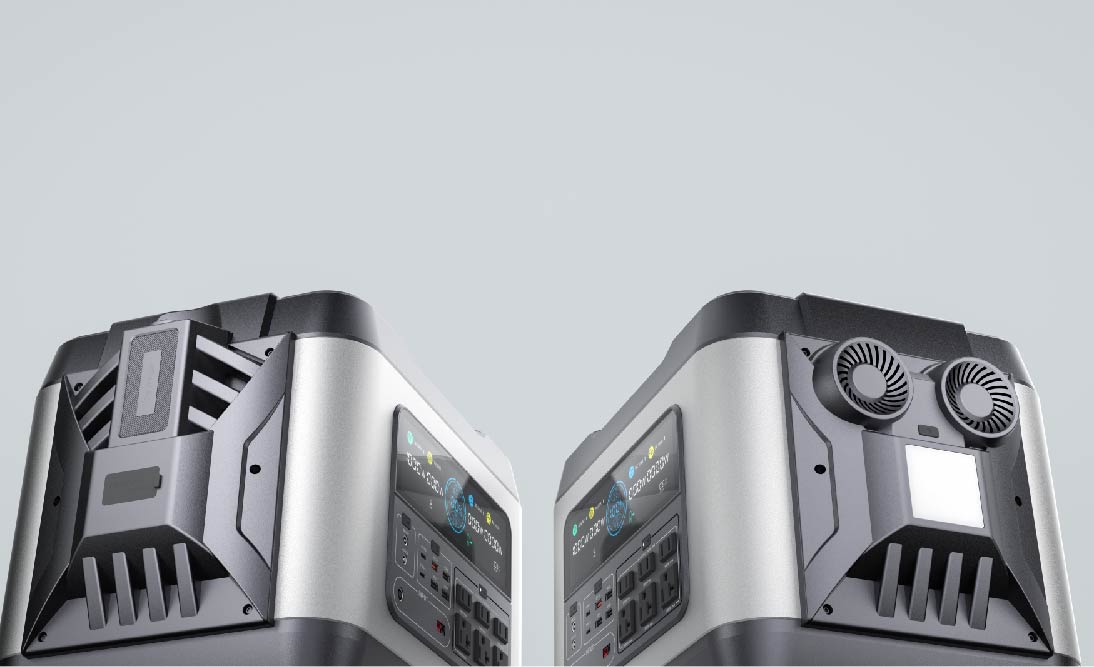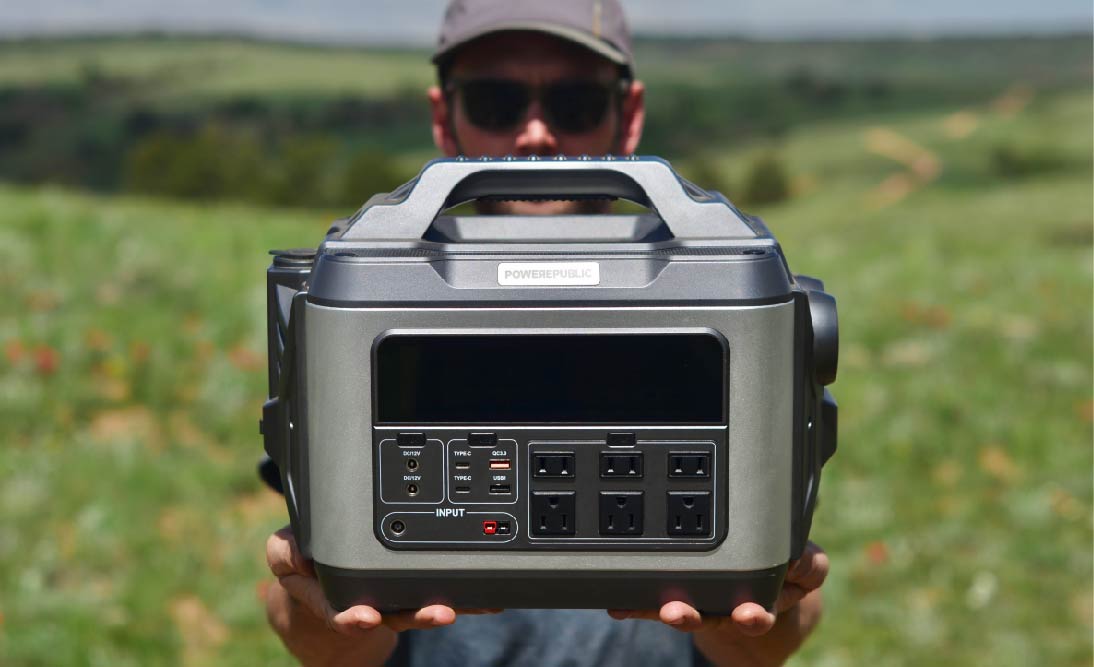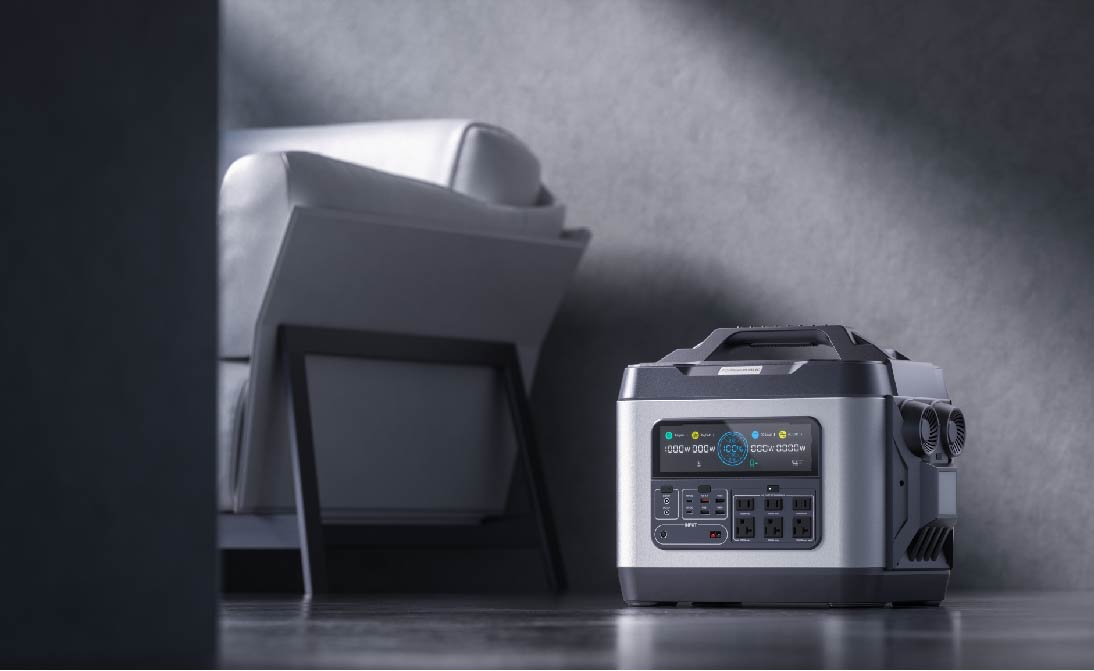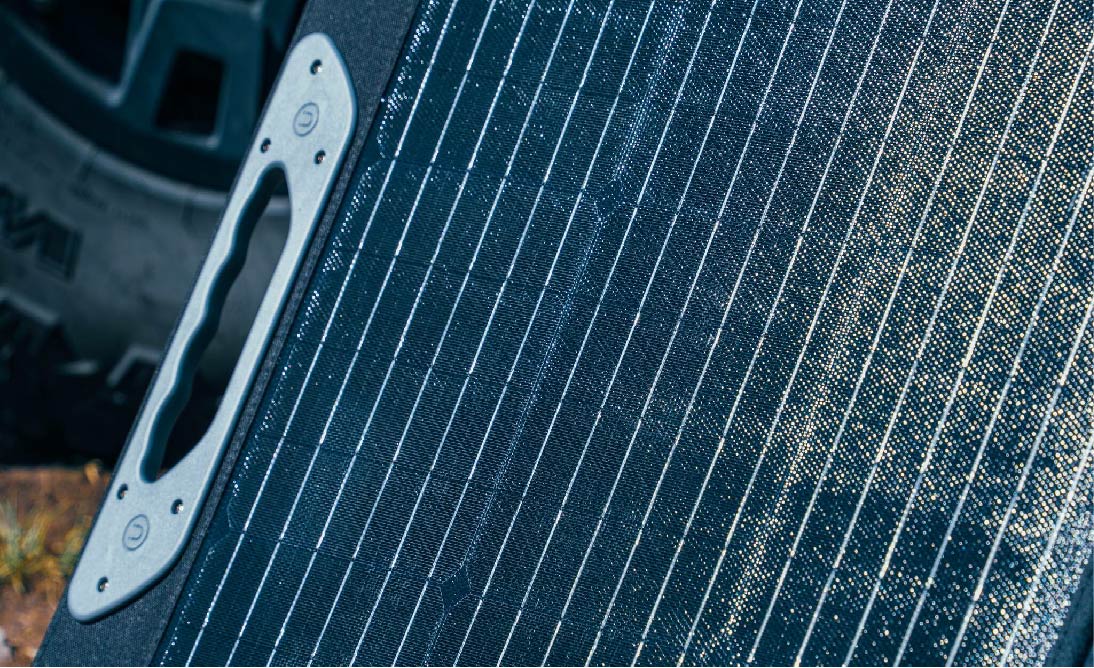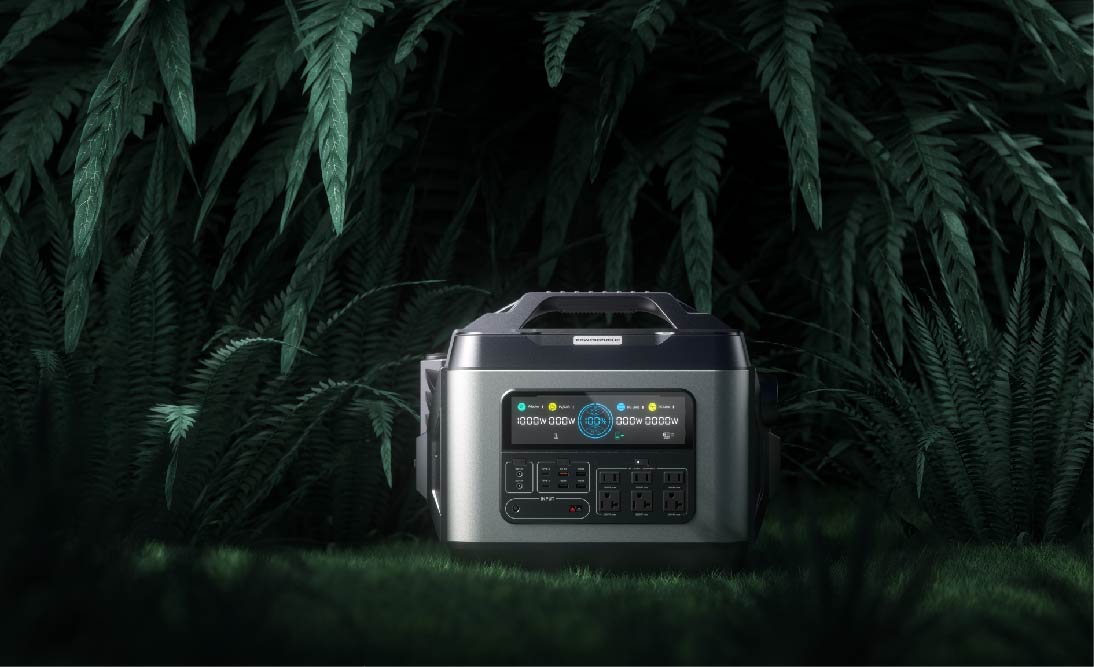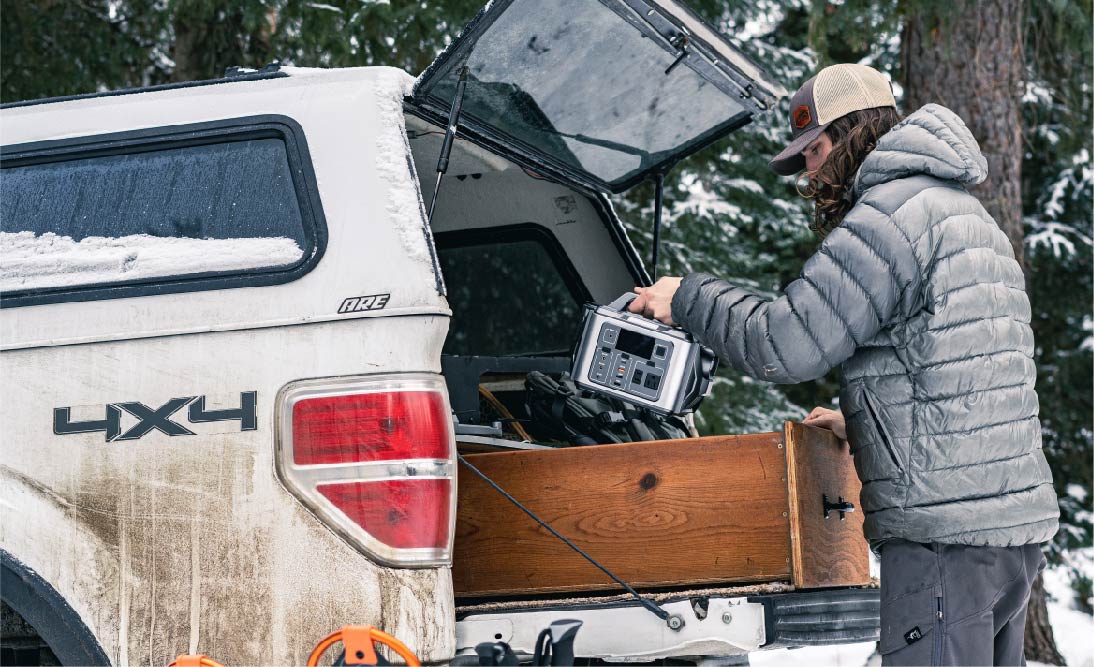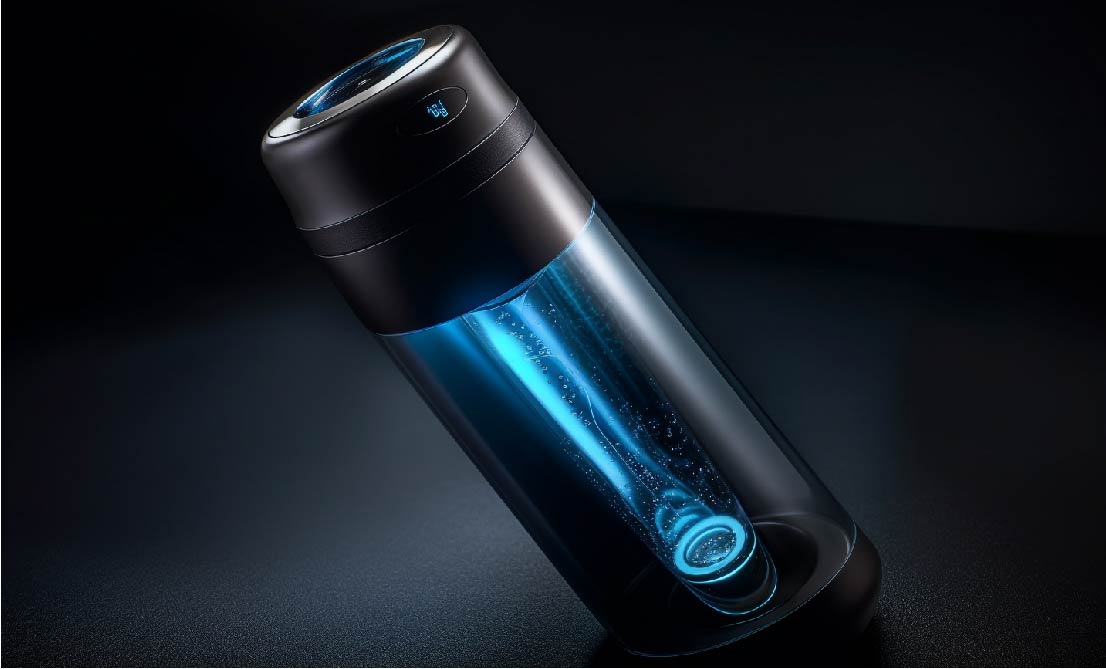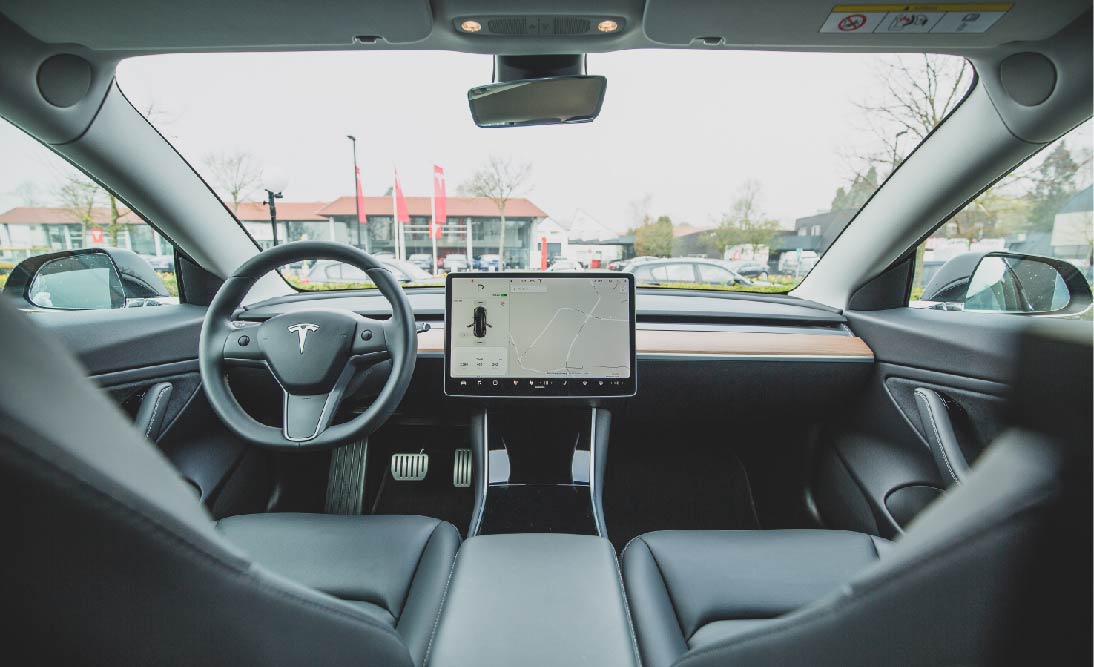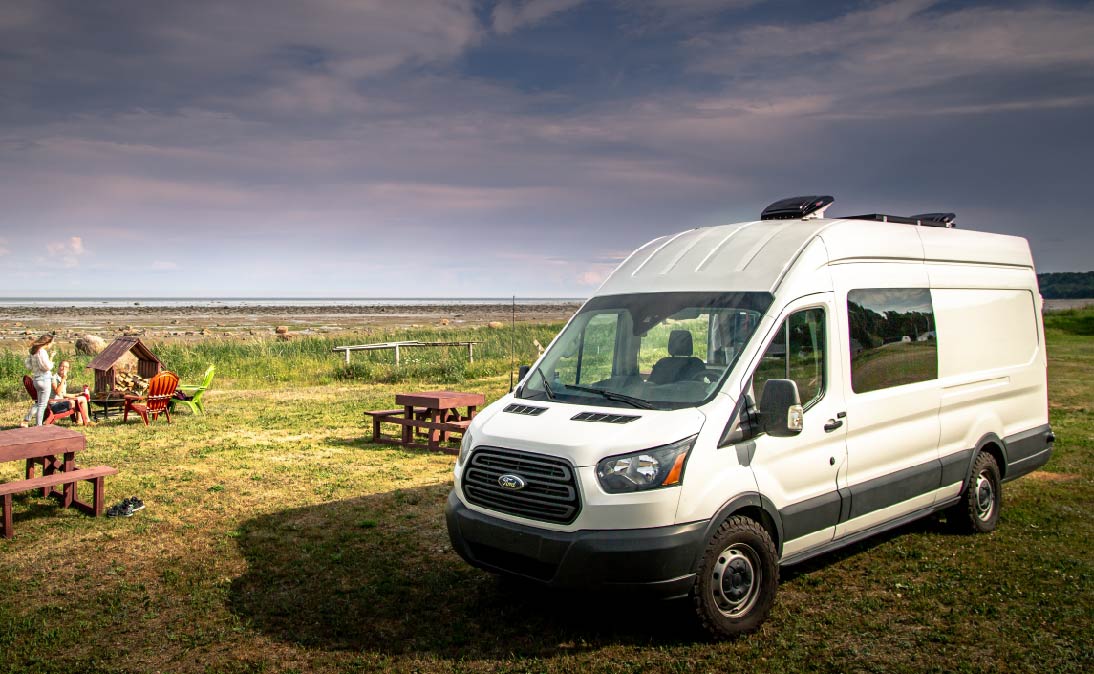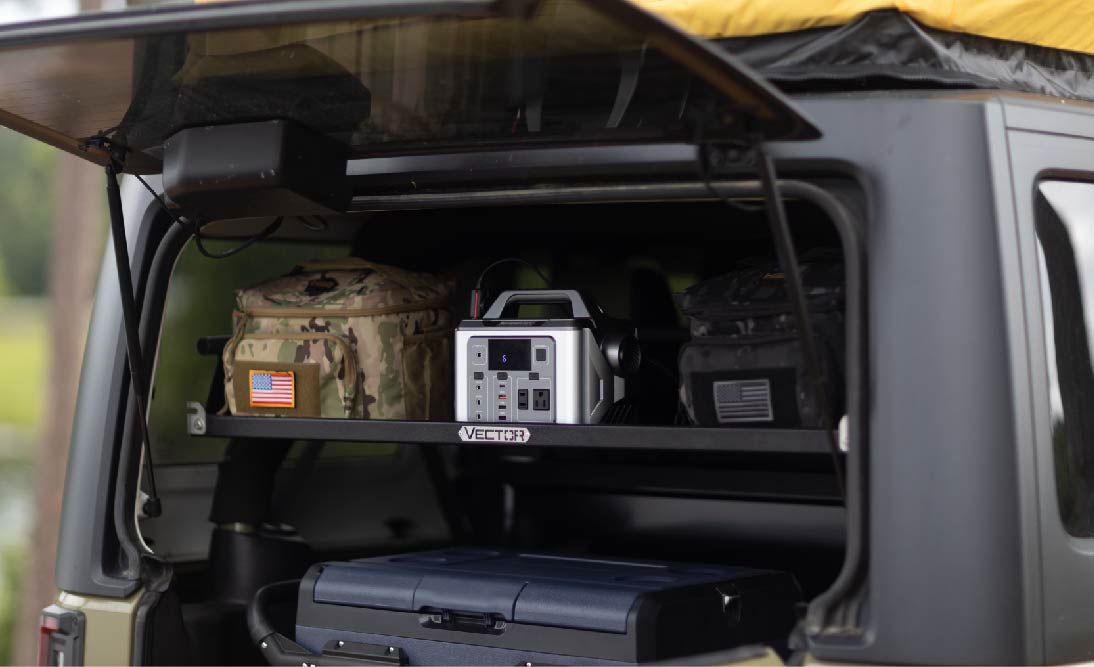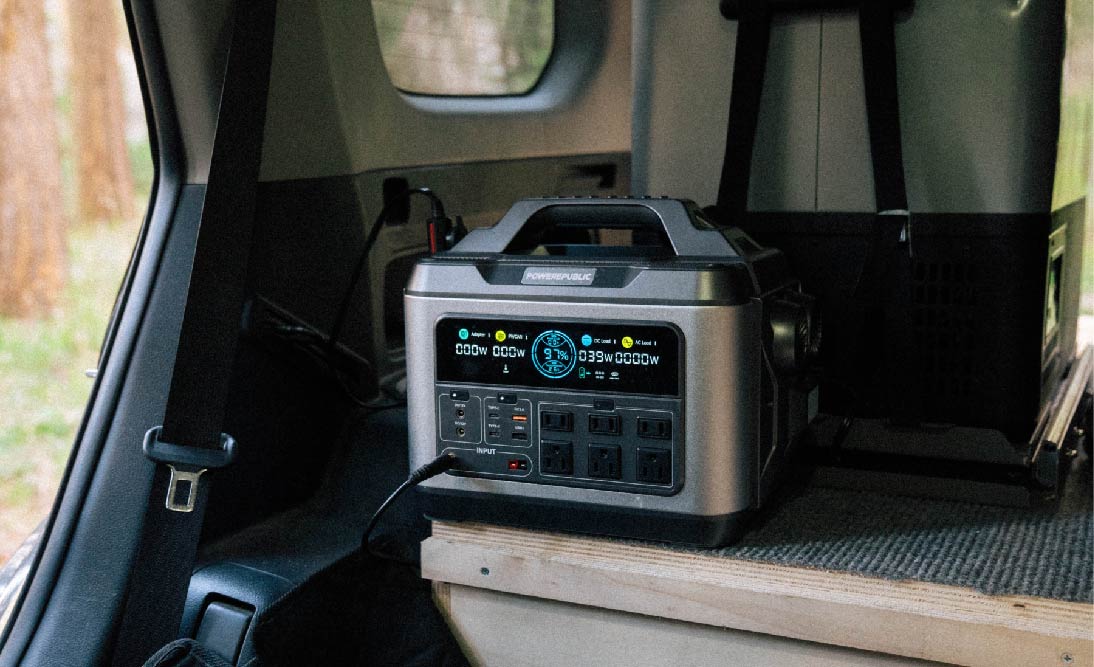Table of Contents:
-
CPAP Machines Overview: Ensuring Uninterrupted Sleep with Battery Backup
-
Can a Portable Power Station Function Like a Battery Backup for CPAP?
-
Battery Backup for CPAP: POWEREPUBLIC Portable Power Stations
In a world where uninterrupted sleep is crucial for health and well-being, CPAP machines offer a lifeline to those with sleep apnea. But what happens when the power goes out? That's where battery backups come into play, ensuring your CPAP machine keeps running smoothly, no matter what.
This guide is your go-to resource for navigating the essentials of battery backup for CPAP machines. We'll cover why battery backup is a must-have for CPAP users, how to pick the right one for your needs, and the role portable power stations can play in keeping your CPAP powered. Plus, we'll spotlight POWEREPUBLIC's portable power solutions, designed to keep your CPAP machine operational through the night and beyond. Whether you're at home or on the road, this guide will help you sleep easy, knowing your CPAP therapy goes on uninterrupted. Let's dive in and discover how to ensure your nights remain peaceful with the right battery backup for your CPAP.
CPAP Machines Overview: Ensuring Uninterrupted Sleep with Battery Backup
Definition
Continuous Positive Airway Pressure (CPAP) machines are a cornerstone in the treatment of sleep apnea. These devices provide a steady flow of air through a mask to keep the airways open, ensuring consistent breathing and improving sleep quality.
Types of CPAP Machines
-
Standard CPAP: Delivers a constant stream of pressurized air.
-
Auto-CPAP or APAP: Automatically adjusts pressure throughout the night.
-
BiPAP: Offers two levels of air pressure, one for inhalation and another for exhalation.

Power Requirements
-
Standard CPAP and APAP machines typically require about 30-60 watts during operation. However, when a humidifier is used, this can increase to 80 watts or more.
-
BiPAP machines, with their more advanced features, may use slightly more, around 80-100 watts.
Having a battery backup for CPAP machines is critical, as power outages can disrupt this essential therapy.
Cost and Power Consumption Calculations
-
Price Range: CPAP machines can range from $500 to over $3,000, depending on features and type.
-
Example: For a CPAP machine consuming 40 watts for 8 hours each night, and assuming an electricity cost of $0.13 per kWh, the daily cost would be about $0.04. However, in the event of a power outage, the cost of not using the machine could be a night of poor sleep, making a battery backup for CPAP.
Battery Backup for CPAP
A Must-Have Investing in a battery backup for CPAP ensures that your therapy continues uninterrupted, regardless of power outages. This is not just about maintaining sleep quality; it's about safeguarding your health. Whether it’s a short interruption or a prolonged blackout, having a battery backup for CPAP can make all the difference in ensuring your therapy remains consistent and effective.
Understanding the types of CPAP machines, their power requirements, and the importance of a battery backup for CPAP is essential for anyone relying on these devices for a good night's sleep. Always ensure your CPAP setup includes a reliable battery backup, providing peace of mind and uninterrupted therapy, night after night.
Why Do We Need a Battery Backup for CPAP?
The Necessity of a Battery Backup for CPAP
For individuals relying on CPAP therapy, the importance of uninterrupted sleep cannot be overstated. A power outage can not only disrupt this essential treatment but also pose significant health risks. Here’s why a battery backup for CPAP is more than just a convenience—it’s a necessity.

Pros of Having a Battery Backup for CPAP:
-
Uninterrupted Therapy: A battery backup for CPAP ensures your treatment continues without a hitch, no matter the situation with the power supply. This is crucial for maintaining the effectiveness of sleep apnea therapy, especially during unforeseen power outages.
-
Peace of Mind: Knowing you have a battery backup for CPAP provides peace of mind. You can sleep more easily, not worrying about whether a storm or a random blackout will interrupt your therapy.
-
Portability and Travel: With a battery backup, your CPAP machine becomes more portable, allowing you to maintain your therapy regimen while camping, traveling, or in any situation where access to power is limited.
Cons of Having a Battery Backup for CPAP:
-
Additional Cost: Battery backups are an extra expense. While the cost of not using your CPAP machine during an outage—poor sleep, health risks—is higher, budgeting for this crucial accessory is something to consider.
-
Maintenance and Charging: Like any battery-powered device, your CPAP's battery backup needs regular charging and occasional maintenance, adding a small but manageable task to your routine.
Practical Example:
Imagine a scenario where a power outage occurs in the middle of the night due to a thunderstorm. Without a battery backup for CPAP, your machine shuts down, your therapy is interrupted, and your sleep quality plummets. Now, consider the same scenario with a battery backup in place. The backup kicks in seamlessly, you continue to receive your therapy, and your sleep remains undisturbed.
Section Summary:
The benefits of having a battery backup for CPAP far outweigh the cons. While there is an upfront cost and the need for occasional maintenance, the assurance of uninterrupted therapy and the safeguarding of your health make it a worthwhile investment. Whether facing an unexpected power outage or enjoying the great outdoors, a battery backup ensures your CPAP therapy goes on. Don't let a lack of power disrupt your sleep therapy; invest in a battery backup for CPAP and rest easy knowing you’re always covered.
How To Choose The Ideal Battery Backup for Your CPAP?
Selecting the right battery backup for CPAP is crucial to ensure uninterrupted sleep therapy, especially in the face of unpredictable power outages. With the right backup power solution, you can keep your CPAP machine running smoothly all night long. Here’s a straightforward guide to help you choose the ideal battery backup for CPAP, ensuring your therapy remains continuous and effective.

Assess Your CPAP's Power Needs
First, determine the wattage your CPAP machine requires. Standard models might need about 30-60 watts, while more advanced BiPAP machines may use around 80-100 watts. This is your baseline for choosing a battery backup for CPAP that can support your machine’s power requirements throughout the night.
Calculate Battery Capacity Required
Battery capacity is measured in watt-hours (Wh). To calculate the minimum capacity needed for your battery backup for CPAP, multiply your CPAP's wattage by the number of hours you plan to use it each night. For example, if your CPAP uses 40 watts and you sleep for 8 hours, you'll need at least 320 Wh (40 watts x 8 hours = 320 Wh).
Consider Portability and Size
If you travel often, you'll want a battery backup for CPAP that's not just powerful but also portable. Look for compact designs that are easy to carry, ensuring your CPAP therapy can continue seamlessly anywhere you go.
Look for Additional Features
Some battery backups for CPAP come with extra features such as USB ports for charging other devices, solar charging capabilities, and more. While not strictly necessary, these features can enhance convenience and usability.
Evaluate Runtime
Check how long the battery backup for CPAP can power your machine on a single charge. This is crucial for overnight use and longer periods without access to a power outlet. Ensure the backup can last the entire duration of your typical usage.
Read Reviews and Recommendations
Before making a decision, research and read reviews from other CPAP users. Their experiences can provide valuable insights into how a battery backup for CPAP performs in real-world scenarios, including reliability, durability, and ease of use.
Budget Accordingly
Battery backups for CPAP vary in price, so it’s important to consider how much you’re willing to invest. Remember, the cost is not just for the device but for the assurance of uninterrupted therapy and the peace of mind it brings.
Example:
Let's say you opt for a battery backup for CPAP with a capacity of 500 Wh. If your CPAP machine uses 50 watts, this backup could theoretically run your CPAP for 10 hours (500 Wh / 50 watts = 10 hours), assuming no other power consumption. This calculation helps ensure you choose a battery backup that meets your needs.
Section Summary:
Choosing the ideal battery backup for CPAP involves understanding your machine’s power needs, calculating the required battery capacity, and considering factors like portability, additional features, runtime, user reviews, and budget. With the right battery backup for CPAP, you can sleep soundly, knowing that your CPAP therapy will continue uninterrupted, no matter what challenges the power grid faces.
Can a Portable Power Station Function Like a Battery Backup for CPAP?
What is a Portable Power Station?
A portable power station is a rechargeable battery-powered generator. Unlike traditional gas generators, these are silent, emit no fumes, and can be used indoors. They come with various outlets, including AC, DC, and USB ports, making them versatile for powering devices like CPAP machines during camping trips or power outages.
Yes, But With Considerations
Yes, portable power stations can indeed function as a battery backup for CPAP. However, selecting the right one requires understanding your CPAP’s power needs and the power station's capacity.

Lifespan of Portable Power Stations
Typically, portable power stations have a lifespan of 2 to 10 years, depending on the battery type (lithium-ion being the most common), how often it’s used, and how well it's maintained. Regular use as a battery backup for CPAP falls well within these devices' capabilities.
Pros of Using a Portable Power Station as a Battery Backup for CPAP:
-
Versatility: This can power multiple devices simultaneously, making them ideal for more than just your CPAP machine.
-
Capacity: High-capacity models can run a CPAP machine for several nights on a single charge.
-
Portability: Designed for on-the-go use, they're perfect for travel, camping, or as a backup during power outages.
-
Eco-Friendly: No emissions, making them safer and cleaner for indoor use.
Cons of Using a Portable Power Station as a Battery Backup for CPAP:
-
Initial Cost: Higher upfront cost compared to some dedicated CPAP battery backups.
-
Size and Weight: Larger units, while more capable, may be less convenient for travel.
-
Overkill for Some: The broad functionality and capacity might be more than what's necessary for simply backing up a CPAP machine.
Example and Calculations:
If your CPAP requires 40 watts and you use it for 8 hours a night, a portable power station with a 500 Wh capacity can theoretically power your CPAP for over 12 hours (500 Wh / 40 watts = 12.5 hours). This calculation doesn’t account for power station efficiency losses, usually around 10-20%, so it's wise to choose a slightly larger capacity than the minimum calculation suggests.
Section Summary:
Portable power stations can effectively serve as a battery backup for CPAP, offering a versatile, powerful, and eco-friendly solution. While they come with a higher initial cost and may be bulkier than some alternatives, their ability to power multiple devices, long lifespan, and portability make them an excellent investment for CPAP users. When selecting a portable power station as your battery backup for CPAP, consider your specific needs, the device's capacity, and its portability to ensure uninterrupted sleep therapy, wherever you are.
Battery Backup for CPAP: POWEREPUBLIC Portable Power Stations
From the discussion above, we understand that portable power stations can effectively serve as a battery backup for CPAP machines, offering a versatile, powerful, and eco-friendly solution.
For those of you in search of a reliable and rechargeable battery backup for your CPAP, POWEREPUBLIC portable power stations, such as the T1200, T2200, and T3000 models, would be an excellent choice. They are suitable for both indoor and outdoor use, depending on your needs, ensuring you always have sufficient power. You can select a model based on your specific requirements, usage duration, and budget.

To better compare and analyze the functionalities and specifications of these three models, please refer to the table below:
|
Models/Specs |
|||
|
Capacity |
1110Wh/50,000mAh |
2240Wh/100,000mAh |
3200Wh/125,000mAh |
|
Continuous Power |
1200W |
2200W |
3000W |
|
Starting Power |
2600W |
4500W |
6000W |
|
Battery Type |
Lithium-Ion(800+ cycles) |
LiFePO4 Batteries(3000+ cycles) |
LiFePO4 Batteries(3000+ cycles) |
|
Number of Output Ports |
13 Output Ports |
15 Output Ports |
15 Output Ports |
|
Charging Methods |
AC Adapter, Solar Panel, Car Charger |
AC Adapter, Solar Panel, Car Charger |
AC Adapter, Solar Panel, Car Charger |
|
Solar Input |
230W Max. |
230W Max. |
230W Max. |
|
Weight |
31Ibs/14Kg |
64Ibs/30Kg |
88Ibs/40Kg |
|
Dimensions |
14.3*9.3*10.6 Inch |
18.3*11.8*12.2 inch |
18.3*11.8*14.5 inch |
|
Est.Operation Time(h) |
The operation time(h)=Capacity(Wh) * 0.85 / The power of CPAP(W) |
||
|
Standard CPAP(30-80W) |
11.5 - 31.5 hours |
23.5 - 63.5 hours |
34 - 90.5 hours |
|
APAP machines (30-80W) |
11.5 - 31.5 hours |
23.5 - 63.5 hours |
34 - 90.5 hours |
|
BiPAP (80-100W) |
9.5 - 11.5 hours |
19 -23.5 hours |
27.5 - 34 hours |
Visit our Compare page for a simple comparison.
Final Thoughts
In summary, the journey to uninterrupted sleep despite power outages for those with sleep apnea is achievable with the right battery backup for CPAP. The necessity of such a backup is clear, offering peace of mind and ensuring therapy continuity through unexpected power interruptions. For reliable and rechargeable options, POWEREPUBLIC's portable power stations, including models T1200, T2200, and T3000, stand out. These power stations not only cater to indoor and outdoor use but also adapt to varying needs, ensuring you always have the power you need for your CPAP machine.
Each model offers unique specifications, from capacity and continuous power to portability and charging methods, making it essential to choose based on your CPAP's specific requirements and your lifestyle. With their proven reliability, these portable power stations are a wise investment for anyone reliant on CPAP therapy, ensuring that your treatment remains uninterrupted, regardless of your location or power availability. Remember, incorporating a battery backup for CPAP into your sleep therapy routine is not just about convenience; it's a step towards safeguarding your health and enhancing your quality of life.
Choose POWEREPUBLIC portable power stations for your CPAP machines!
